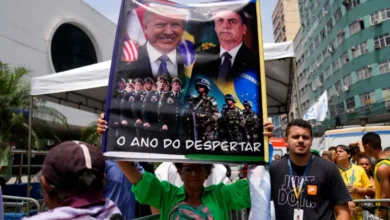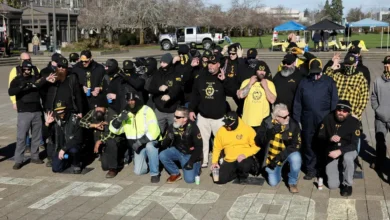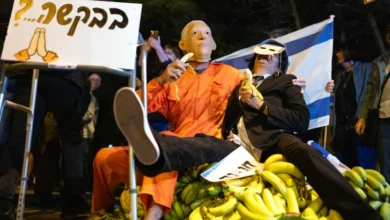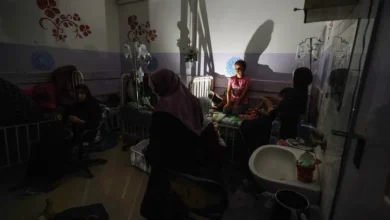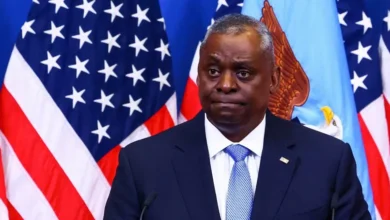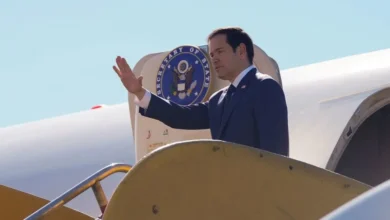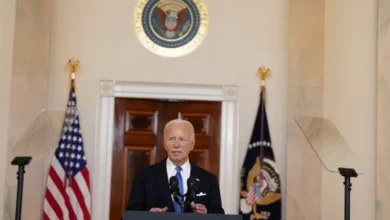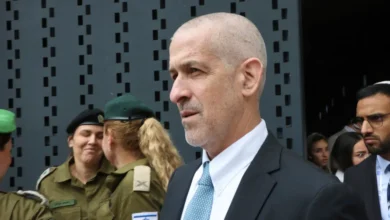In Brazil, a fight over offshore drilling tests Lula’s climate ambitions
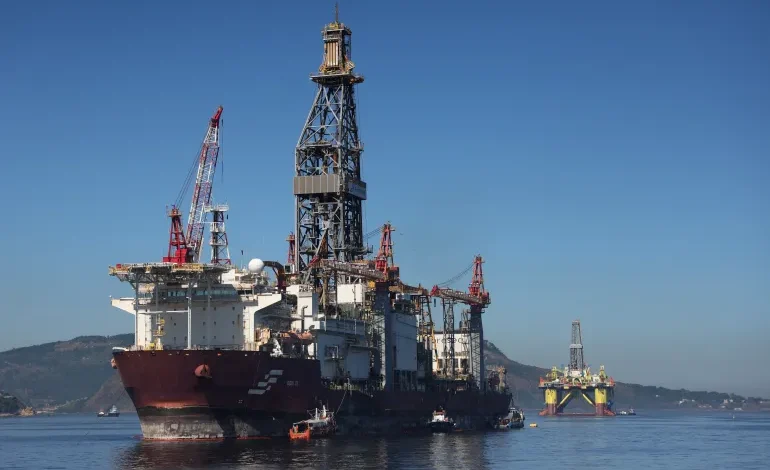
In the far north of Brazil, where the Amazon River collides with the sea, an environmental dilemma has awakened a national political debate.
There, the Brazilian government has been researching the possibility of offshore oil reserves that extend from the eastern state of Rio Grande do Norte all the way to Amapá, close to the border with French Guiana.That region is known as the Equatorial Margin, and it represents hundreds of kilometres of coastal water.
But critics argue it also represents the government’s conflicting goals under Brazilian President Luiz Inácio Lula Da Silva.
During his third term as president, Lula has positioned Brazil as a champion in the fight against climate change. But he has also signalled support for fossil fuel development in regions like the Equatorial Margin, as a means of paying for climate-change policy.
“We want the oil because it will still be around for a long time. We need to use it to fund our energy transition, which will require a lot of money,” Lula said in February.
But at the start of his term in 2023, he struck a different stance. “Our goal is zero deforestation in the Amazon, zero greenhouse gas emissions,” he told Brazil’s Congress.
As the South American country prepares to host the United Nations Climate Change Conference (COP30) later this year, those contradictions have come under even greater scrutiny.
Nicole Oliveira is one of the environmental leaders fighting the prospect of drilling in the Equatorial Margin, including the area at the mouth of the Amazon River, known as Foz do Amazonas.Her organisation, the Arayara Institute, filed a lawsuit to block an auction scheduled for this week to sell oil exploration rights in the Equatorial Margin. She doubts the government’s rationale that fossil-fuel extraction will finance cleaner energy.“There is no indication of any real willingness [from the government] to pursue an energy transition,” Oliveira said.
“On the contrary, there is growing pressure on environmental agencies to issue licenses and open up new areas in the Foz do Amazonas and across the entire Equatorial Margin.”
Last Thursday, the federal prosecutor’s office also filed a lawsuit to delay the auction, calling for further environmental assessments and community consultations before the project proceeds.
